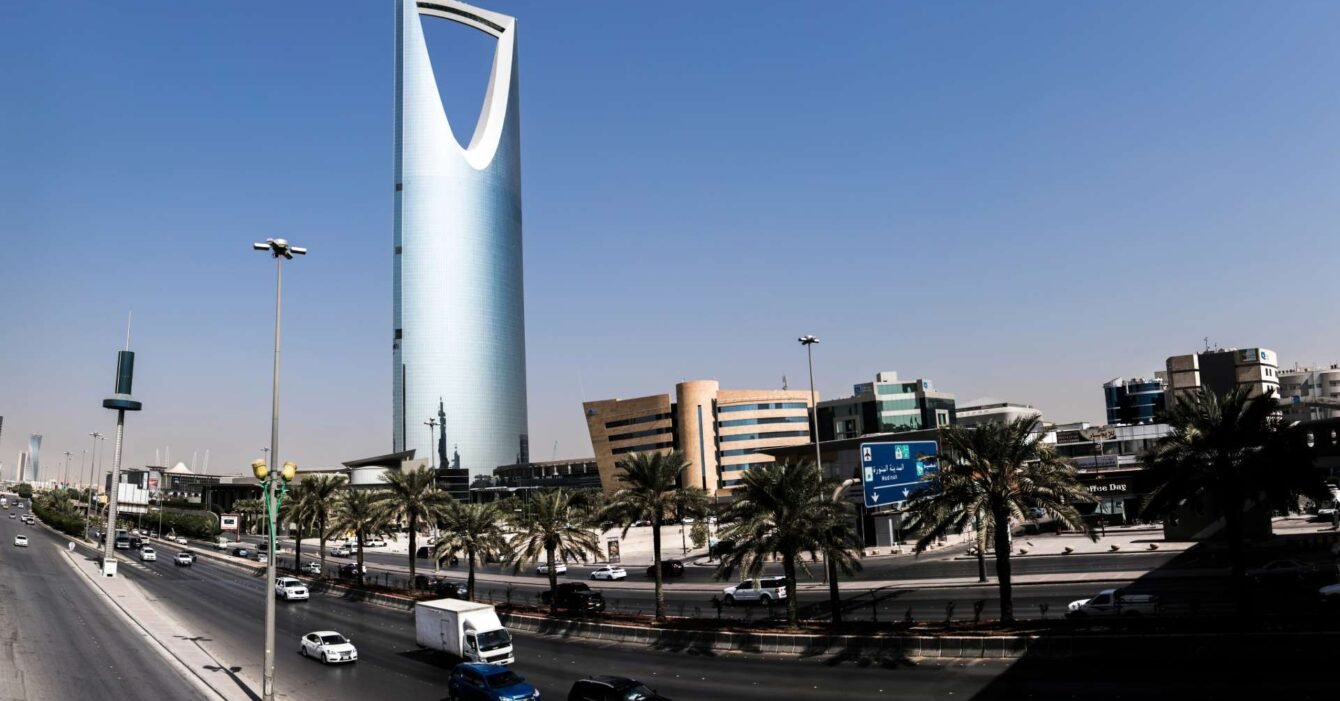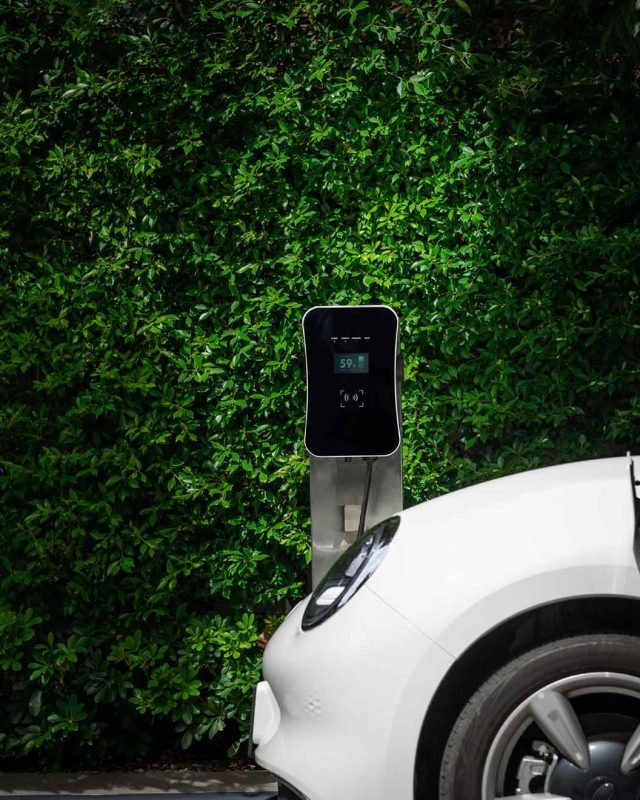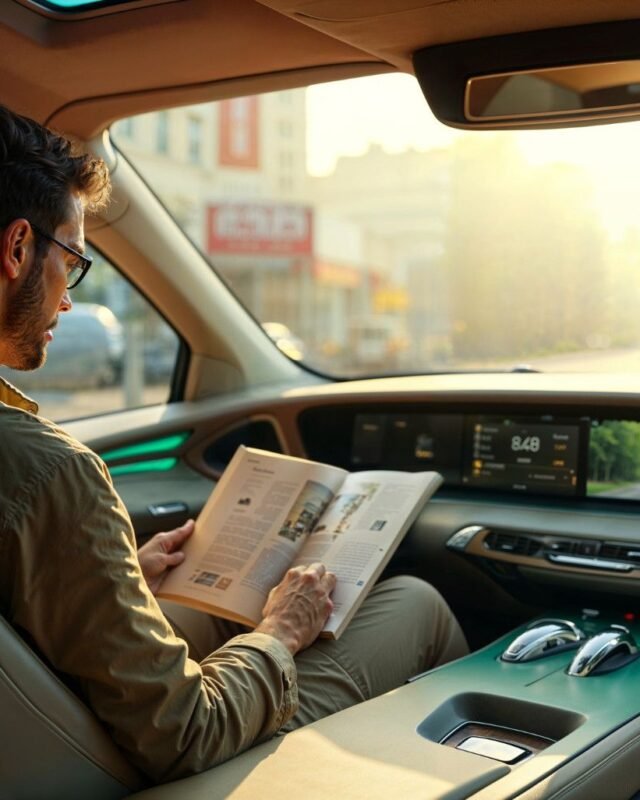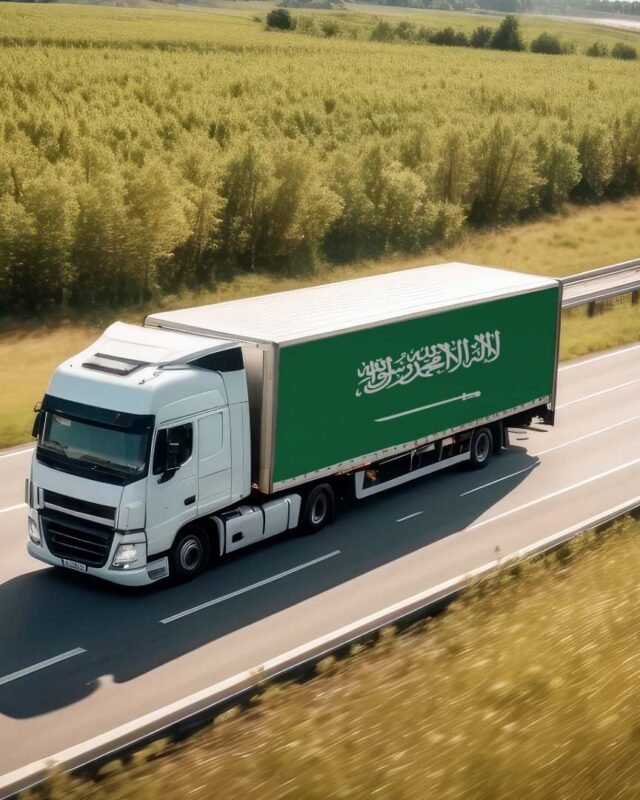Digital Technologies Pioneering Sustainable Mobility Solutions in Saudi Arabia
Saudi Arabia is spearheading a transformation in its transportation sector, leveraging advanced sustainable mobility solutions to create a digitalised and efficient mobility ecosystem. As part of its Vision 2030 goals, the government aims for 30% of vehicles in Riyadh to be electrified by 2030. From electric vehicles (EVs) to AI-powered traffic systems and green public transport initiatives, the Kingdom is building a future-ready transportation framework in line with its Vision 2030 goals.
Decarbonising Vehicles in Saudi Arabia: Progress & Challenges in Commercial and Passenger EVs
The rise of electric vehicles (EVs) in Saudi Arabia is nothing short of remarkable. In a recent interview by the Arab News, Gary Flom, president and CEO of National Transportation Solutions Co. (NTSC), praised the Kingdom’s rapid progress, highlighting that Saudi Arabia has achieved in five years what took the United States 25 years.
Supporting Saudi Arabia’s ambitious target are significant investments in EV infrastructure, including the construction of public charging stations and the development of a robust EV supply chain. This includes sourcing raw materials for batteries and enhancing local manufacturing capabilities, ensuring the sustainability of the ecosystem.
Additionally, decarbonising the commercial sector is a key focus. According to NTSC, Saudi Arabia’s commercial fleets are transitioning to electric and hydrogen-powered vehicles through initiatives like their decarbonisation roadmap. This roadmap provides government and private fleet operators with a comprehensive plan to measure carbon baselines, implement charging infrastructure, and manage fleet maintenance with advanced digital tools such as DarbConnect.
DarbConnect has gained over 330 customers in under two years, capturing 35% of the commercial operations market. However, NTSC notes that decarbonizing passenger vehicles is more complex due to varied usage patterns and the challenge of establishing consistent charging infrastructure.
AI-Powered Traffic Management
Urban congestion is a challenge for cities worldwide, but Saudi Arabia is tackling it head-on with AI-driven traffic management systems. These systems analyse real-time data to optimise traffic signals, reduce congestion, and cut travel times.
In addition to alleviating road bottlenecks, these solutions contribute to environmental sustainability by minimising stop-and-go traffic, which reduces fuel consumption and emissions. By implementing smart traffic systems, Saudi cities are becoming smarter and greener, improving the quality of life for residents.
The Riyadh Metro: A Public Transport Success Story
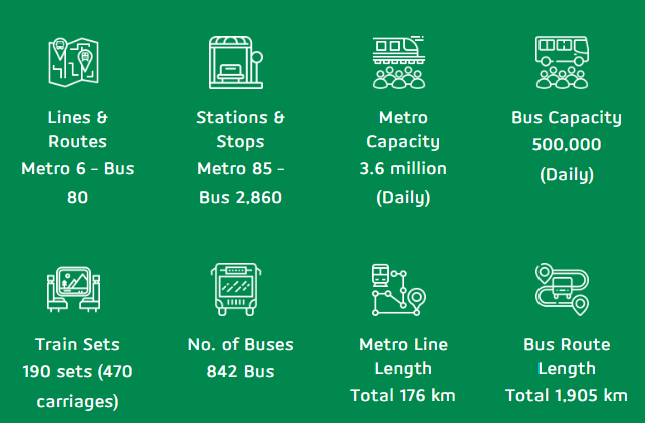
A cornerstone of Saudi Arabia’s sustainable mobility initiatives is the King Abdulaziz Public Transport Project in Riyadh. The project includes a six-line metro system spanning 176 kilometers and a comprehensive bus network.
This integrated public transport system aims to reduce reliance on private vehicles, cutting emissions and easing urban congestion. Once operational, the Riyadh Metro is expected to eliminate thousands of car trips daily, providing a clean and efficient transportation alternative for the city’s growing population.
Also Read: How the Riyadh Metro is Transforming Business and Improving Lives in Saudi Arabia
Green Mobility Beyond Cars
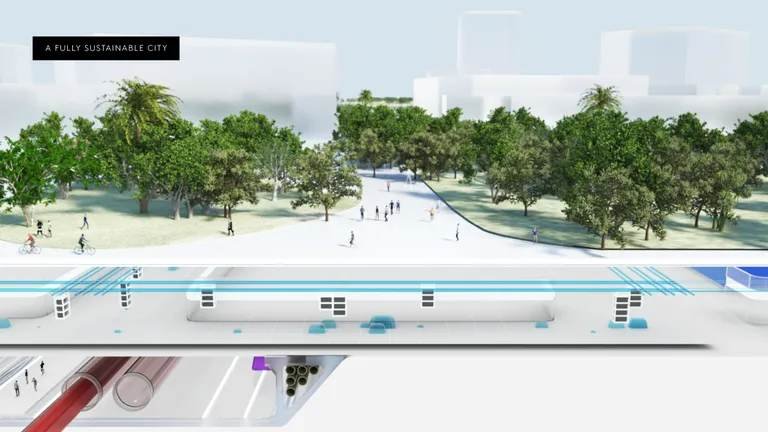
Saudi Arabia’s sustainable mobility ambitions extend beyond EVs and public transport. Smart cities like NEOM are pioneering innovative green mobility solutions, including electric buses, shared e-scooters, and pedestrian-friendly urban designs.
These initiatives are designed to prioritise low-impact transport modes, reducing the overall carbon footprint of urban mobility. For example, NEOM’s infrastructure emphasises walking and cycling, integrating green technologies to create a carbon-neutral environment.
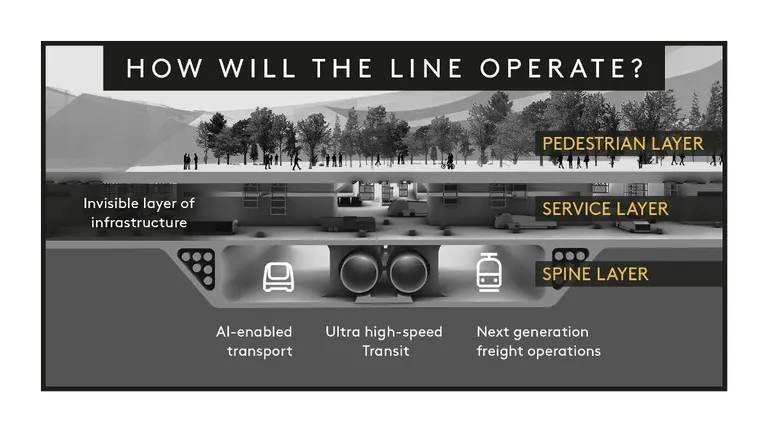
Why Sustainable Mobility Solutions Matter
Sustainable mobility solutions are about more than just transportation—they are a cornerstone of Saudi Arabia’s vision for a healthier and more sustainable future. By reducing emissions, improving air quality, and promoting green technologies, these initiatives align with the Kingdom’s economic diversification goals while addressing global environmental challenges.
Moreover, investments in digital mobility solutions position Saudi Arabia as a leader in sustainable transportation, attracting businesses and fostering innovation across the region.
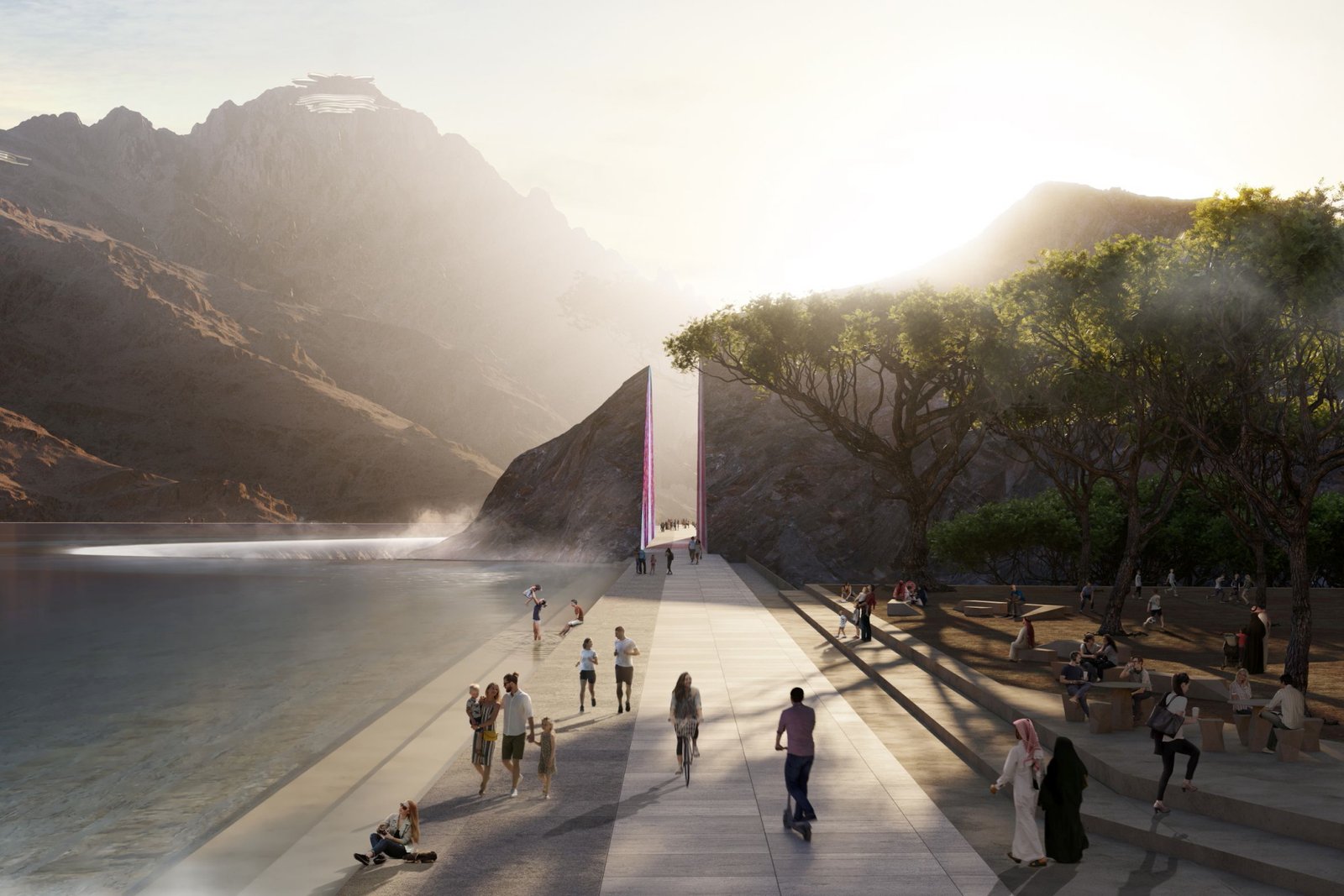
Conclusion
Saudi Arabia’s sustainable mobility efforts showcase its commitment to leveraging digital solutions to enhance transportation systems. From EVs and AI-driven traffic management to transformative projects like the Riyadh Metro, the Kingdom is setting a global example for sustainable urban design.
As the government continues to prioritise sustainability, Saudi Arabia is not just moving towards a greener future—it’s accelerating the journey at a pace that outshines much of the world.
